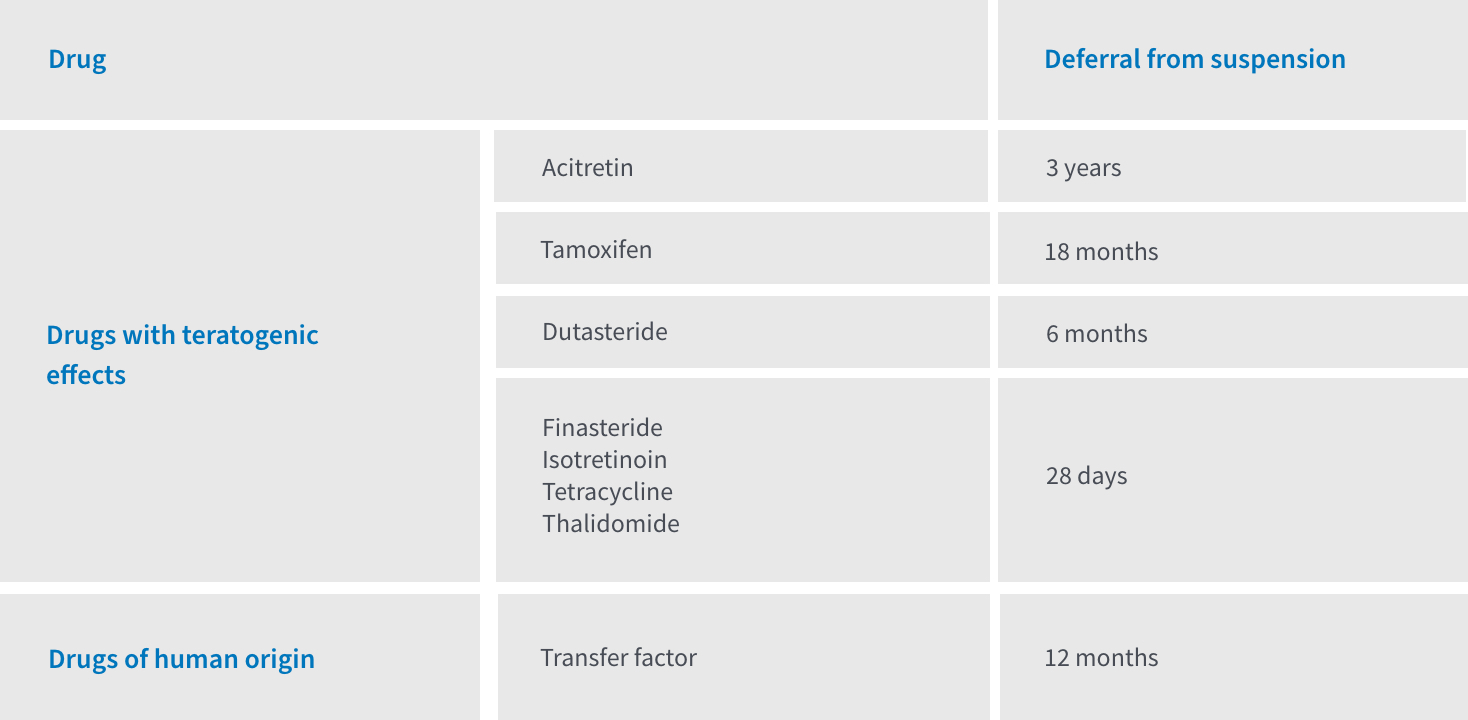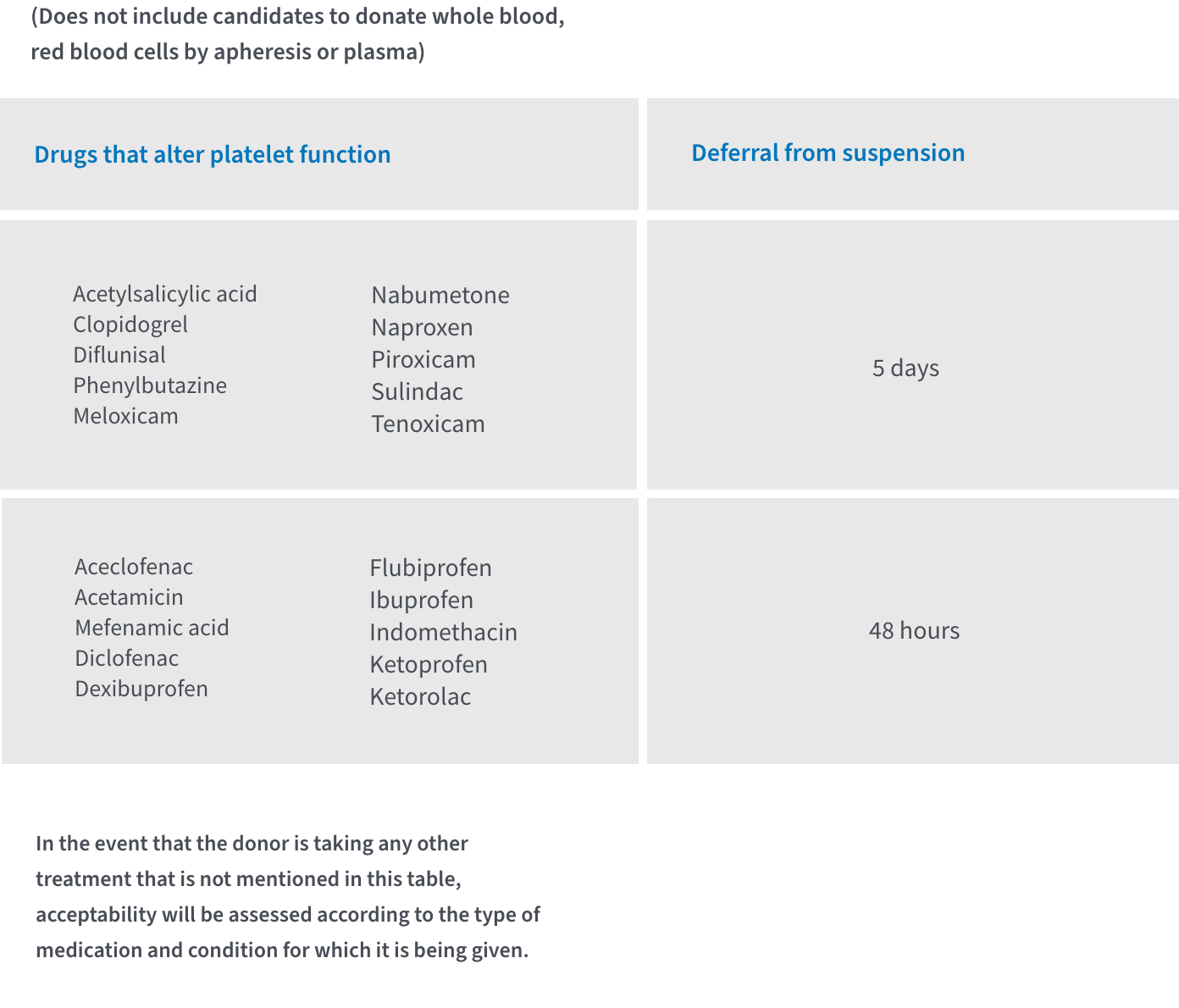UNICEF estimates that exclusive breastfeeding up to six months can prevent the deaths of 1.3 million children under the age of five each year.
WHAT IS BREASTFEEDING?
Babies need the right foods at the right times to grow and develop to their full potential. The most important time for good nutrition is the short period of 1,000 days from the start of pregnancy to the child’s second birthday. Breast milk is the best food for children’s health and development during this critical period. It provides all the vitamins, minerals, enzymes, and antibodies children need to grow and thrive.
WHAT BENEFITS DOES IT HAVE FOR THE BABY?
- From the first hour of the baby’s life until the age of two or more, breastfeeding protects them against diseases.
- Immediate skin-to-skin contact and breastfeeding during the first hour of life significantly reduce the probability of death of the newborn.
- Breastfeeding is essential for early childhood development.
- Helps brain development, increasing IQ scores, which leads to better performance in education.
- Reduces the risk of diseases such as asthma, obesity, diabetes, and heart problems throughout life
- Breastfeeding is explicitly recognized by the International Convention on Children’s Rights as a key component and one of the highest standards of children’s health.
- It can potentially prevent 12% of deaths among children under 5 years old.
- Exclusively breastfed infants are less likely to contract diarrhea and pneumonia, and 14 times more likely to survive than non-breastfed infants.
WHAT BENEFITS DOES IT HAVE FOR THE MOTHER?
- It is good for the mother’s health, it reduces the risk of postpartum hemorrhage.
- Helps the mother’s recovery after giving birth.
- Women who breastfeed their children have a lower risk of breast or ovarian cancer.
- Reduces the risk of cardiovascular diseases.
After the first six months, UNICEF recommends that children consume a diverse and frequent diet of hygienically prepared, nutrient-rich complementary foods, in addition to breast milk, which will provide enough energy, protein, fat, vitamins, and minerals to meet the children’s growing needs.
You must talk to your doctor so that you learn the optimal way to feed your baby, go to the ABC Ob-Gyn and Pediatrics Center for more information.
Sources:
https://www.who.int/nutrition/topics/exclusive_breastfeeding/es/
https://www.who.int/features/factfiles/breastfeeding/facts/es/index8.html
https://www.who.int/maternal_child_adolescent/topics/newborn/nutrition/breastfeeding/es/
https://www.minsalud.gov.co/salud/publica/PI/Paginas/ImportanciaLactanciaMaterna.aspx
https://www.healthychildren.org/Spanish/ages-stages/baby/breastfeeding/Paginas/Birth-Control-and-Breastfeeding.aspx



